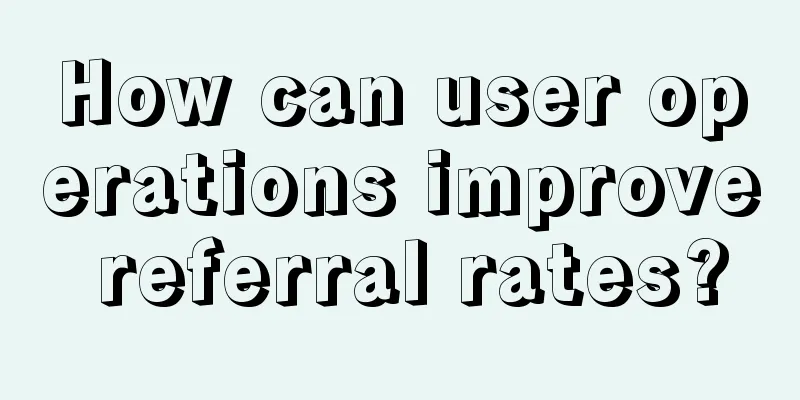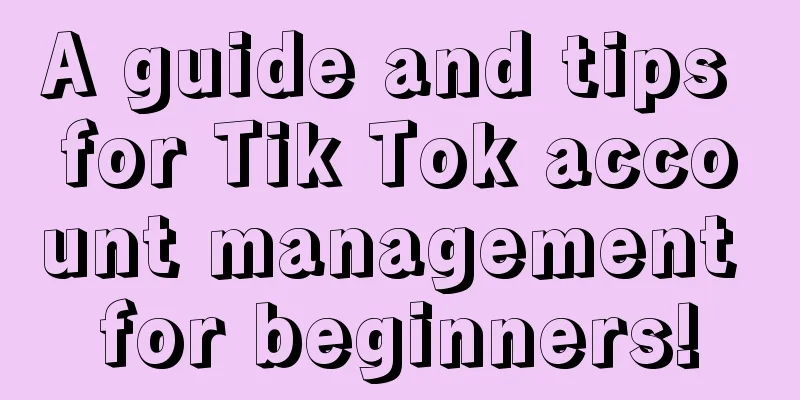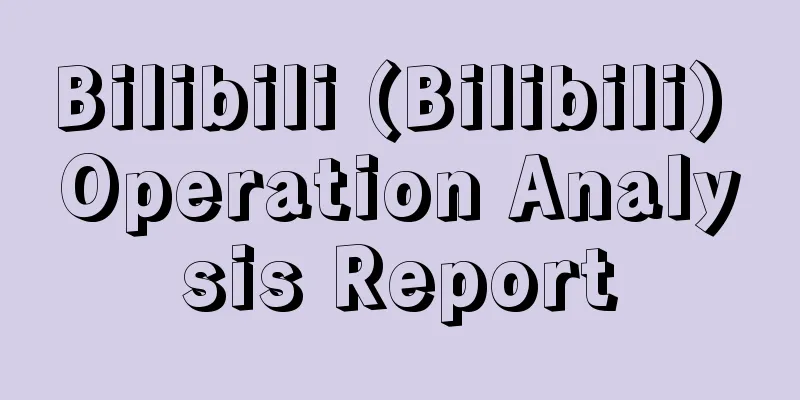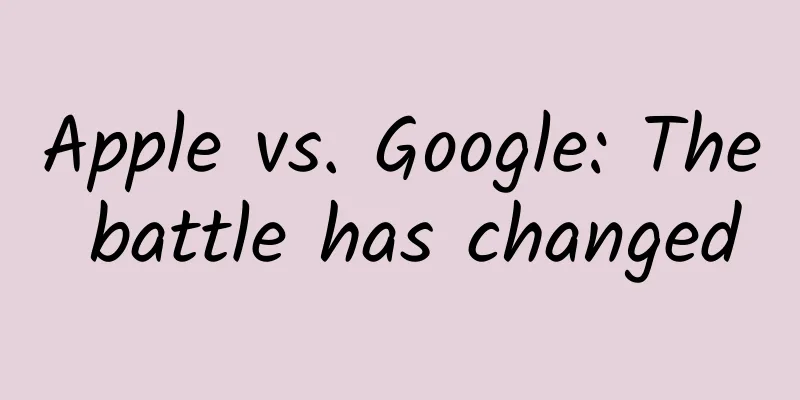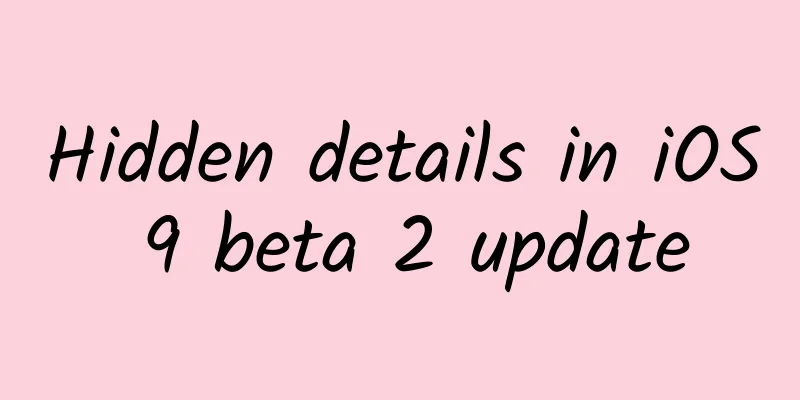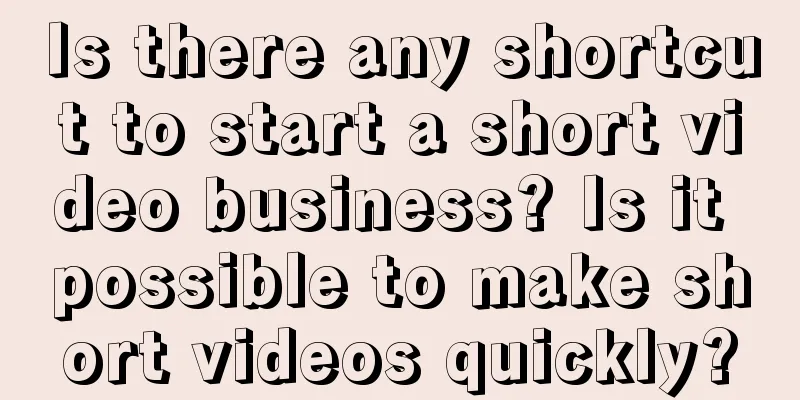Does the APP record your voice?
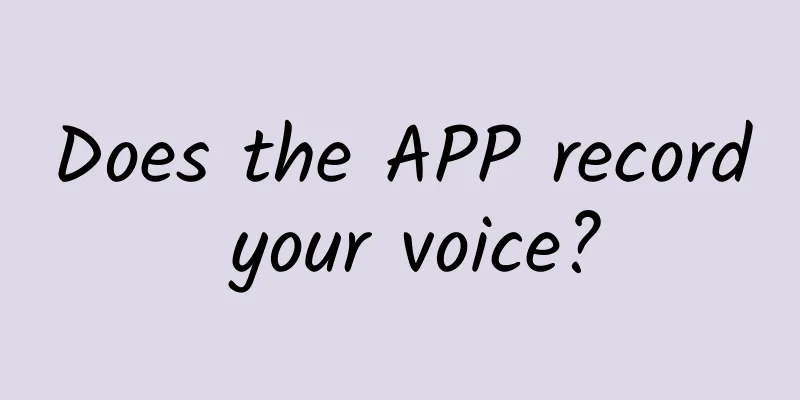
|
1 There have been a lot of big promotions recently, and all e-commerce companies are gearing up to reap the rewards at the end of the year. Promotional push and product recommendations on various apps are also available day and night, encouraging everyone to keep their hands clean and have a good new year.
From this point of view, the biggest victims are the naughty kids in their hometown who are waiting for New Year's money. Not only will they not get any money, they may also be fleeced by their elders who have nothing to lose, and have to bear the heavy blow of fate at such a young age. When it comes to APP push and product recommendations, many people have a panic concern. That is if you suspect that your APP is recording you. A situation that often occurs is that you are talking about something with someone, and then not long after, you see related advertisements on shopping apps, search engines, browsers, or in the advertising industry of the app. This makes you very panic, as if a pair of mysterious eyes are looking at you, and you are very scared. How should I put it? I think everyone's imagination is too rich. This speculation is reasonable, but it is both right and wrong. You are right. Our lives are indeed occupied by various precise push notifications. Major apps do have a certain degree of [guessing] behavior, and their purpose is indeed to make you spend money. The mistake is, no one recorded it for you. In fact, with the development of technology and big data to this level, recording is a very inefficient way of doing things because the speed of sound is not fast enough. Our high-tech sickles all travel at the speed of light. 2 Why do we say that no company uses recordings to collect information and push advertisements? It’s not that the company has a change of heart. In fact, it is a very strange thing for a commercial company to have a conscience. Everything must have a purpose. The purpose of advertising push is to pursue conversion rate, maximize one's own interests and minimize costs. Sellers also need to consider cost-effectiveness. From the perspective of cost-benefit of the solution, recording is a stupid solution with low efficiency, low profit, high error rate and high cost, so no one does it. Most of the punks who boldly tried recording solutions went bankrupt after the imbalance between input and output, so you rarely see complete commercial recording analysis solutions on the market. Of course, security is another matter, as the understanding of input and output in security is different from that in business. Think about it, if you want to make a recording solution, the first thing you can't get around is the APP resource usage. Continuous recording is a huge load for an APP, resulting in low APP operation efficiency, greatly increased power consumption and heat generation, and it feels as awkward to run as if you had eaten shit. Moreover, how do you keep the recorded audio? Keep it locally? The audio file will be larger than you can imagine. An APP can record audio for a day, and the final audio file will be several GB. In addition, some punk users will directly check your source folder. Once they find the recording, you can expect an iron fist attack. Online transmission? Users’ traffic costs money, and when users check their mobile traffic records regularly, they may find that your APP alone consumes a lot of traffic, and it is not a video or game APP. It will be exposed in minutes. Direct local parsing? Only retaining text? This is feasible, but the biggest problem is that you have to be careful about your competitors decompiling your installation package. Once people see the relevant code and model, you will be in trouble. In fact, few Internet companies deploy complex models locally because they are too easy to be directly deciphered by opponents; However, if a cloud model is used to analyze recordings, data consumption and network stability will greatly reduce the accuracy. From a technical point of view, recording is not a very reasonable solution. It’s not that it can’t be done, but it is costly and troublesome. It has nothing to do with morality. 3 It would be fine if recording was just a hassle, but if something is easy to use, having a lot of trouble is not a big problem. Pain and happiness are also a kind of life. But the most fatal problem with the recording solution is that after consuming a lot of resources, the accuracy is too poor. Think about it, if the APP in your hand uses a recording monitoring solution, the first problem you face is that you need to distinguish who is talking? Is it the owner of the phone talking? The source of the sound is a big problem. Imagine I walked by you and yelled "I love Durex", and then you opened your phone and saw the Durex ad. Would you think it was stupid? Would you think I was sexually harassing you? After solving the problem of whose voice is recorded (voiceprint-type solutions), you will encounter the second problem, which is the need to identify the language accuracy. The daily environment we live in is very noisy, with a lot of noise, and many people's Mandarin is not standard, so machines cannot recognize it effectively. In fact, machines are powerless against most dialects and recognize all kinds of nonsense. Especially Wenzhou dialect, which is the language of the devil, a magical language that can be used as a code in times of war. If the language accuracy problem is solved, there is still a third problem, which is the real-time semantic recognition of audio. This problem is currently almost unsolvable, and all artificial intelligences are likely to become mentally retarded when faced with real-time semantic recognition of audio. Please note that the semantic recognition I am talking about is not the so-called translating what you say into text, which is not difficult. What I am talking about is truly understanding the meaning of your language. For example, the word "dead ghost" has completely different meanings when a man says it to a woman, a man says it to another man, a woman says it to a man, or a man says it to his enemy, but it all means "dead ghost". Humans need to understand the meaning of language in conjunction with specific scenarios and even the specific person who is speaking (the same word may not mean the same thing when spoken by different people), which are things that machines cannot do at this stage. Don't say that machines can't do it, many people can't do it. For example: flexible working hours = don't think about getting off work on time, who can stand this? Especially for APP recording, it is necessary to quickly record the magical conversations that occur quickly in real life, with unknown dialogue partners, unknown and non-standard Mandarin, and record and analyze them to accurately obtain the meaning. If there is a company that really has this ability and doesn't even do a push notification, it would win the Nobel Prize. I like to call the above three questions the three soul questions of the recording plan. Above these three questions, there is the ultimate question. Remember I said earlier that most of the recording solutions providers went bankrupt? Then where did the small number of them go? A small number of people were arrested for collecting privacy information, and now they are completely financially free, after all, prison doesn't cost money. 4 When you read this, you must be both enlightened and confused. What I suddenly realized was that I was not being recorded, but I was confused as to why the APP showed relevant push notifications after I said something? Let me put it this way, just because there aren’t any companies doing recording, doesn’t mean there aren’t any companies using sound to collect data. The only difference is that the way of collecting data is not the large-scale audio and video surveillance as you think, but rather it is awakened by specific keywords. For example, if you use an iPhone, you would say [Hi, Siri] to wake up the Siri function. If you use Xiaomi, you will use [Xiao Ai] to wake up the network. In fact, many APPs use similar solutions for push notifications. That is, they do not record or analyze what you said. As long as you say a specific word, you will be awakened. The only difference is that this awakening does not light up the screen, but the push logic is awakened to push relevant items to you. For example, if it is a food delivery app, the wake-up vocabulary may include words such as [milk tea], [pizza], [kebab], [spicy hot pot], [cantaloupe], etc. As long as you say similar words, it may trigger a wake-up push. For example, for OTA apps, the wake-up word library may include words such as [travel], [Thailand], [visa], [hotel], [vacation], etc. As long as you say similar words, it may trigger a wake-up push. For example, in a shopping app, the wake-up word library may include words such as [lipstick], [boots], [skirt], [fruit], [notebook], etc. As long as you say similar words, it may trigger a wake-up push. The vocabulary of each APP may have thousands or even hundreds of thousands of words, basically covering all your possible consumption scenarios, so you can sharpen your knives. There are many magical functions, but once you uncover them, they are just like magic. The whole thing of a wake-up script + vocabulary is made so mysterious. 5 Although the vocabulary awakening logic is a more practical solution, in actual information collection, there is more mainstream and effective information to let merchants know who you are and how to sell things to you. These things that you overlook are the real key. I will just mention two simple ones. The first one is the input method. Who knows everything about you? Of course, the input method. Don’t always suspect that some APP is monitoring your chat history. The first thing you should suspect is whether your input method is selling you out. As long as you type, you cannot avoid the input method. What you input and where you input it (search engine? Social software? Map? SMS? Seller bargaining?) are all transparent to the input method. Moreover, it is not difficult to obtain or analyze the words you frequently input and what they mean. The semantic analysis mentioned above is only difficult for pure audio, while semantic analysis of pure text is a relatively mature technology. In addition, all input methods become better and better the more you use them, and the more they understand you, so how do they understand you? You can think about it. The second is to push the SDK. What is SDK? You can think of it as a software package, a specific module embedded in the APP to perform specific functions. The most popular SDK is the push SDK, which is the push messages received by various APPs on your mobile phone. There are special companies that make SDKs and embed them into major APPs, and then are responsible for push notifications. It is much easier to use than developing it yourself, and professional SDKs are often well adapted to various mobile phones and applications, so most APPs purchase push SDKs from outside. The 30 apps on your phone may all have push SDKs provided by the same company. Then, for this company, your phone is basically transparent, and the company will obviously know which apps are installed on a phone, which apps the user often uses, and even the user's application trajectory and application behavior on the phone. These behaviors can be labeled and then packaged for trading. This market is currently very mature. There are no more than five giants in China that push SDKs (the largest are three), and they are all very active in selling label data to the outside world. You see, when you know about input methods and SDKs, your perception of the world will change. When you receive an advertisement, you can even analyze who sold you out. Is it the search engine or the input method you use when searching for the search engine, or the SDK that monitors the activity of your mobile app, or the vocabulary library of some of your languages? Many people actually don’t know how they were sold when they were sold. Guessing who sells you is actually quite interesting, with just a little bit of black humor. 6 This article is just a brief introduction to the rumors about recordings and the most basic channels for collecting information. Many more covert and even imaginative methods of creating user portraits through logical cross-references have not been mentioned. The main thing is that I can really write a book about it, and the title of the book is "The Author Has Been Beaten by Major Companies." The technology and product logic of data collection, portrait creation, and advertising push are actually no secrets. There are even technical books that specifically explore the logical principles and even strategies of advertising push. I believe that technology is innocent, but I also believe that technology needs to be constrained, or the people behind the technology need to be constrained. In this age where almost everyone is transparent, we actually need to be vigilant about so-called big data and also need legal constraints. Because while data can make life more convenient, it can also cause disasters if it gets out of control. When I know all your data, to some extent, I know you better than you do, and I am you. Therefore, it is necessary to restrain people's behavior and to increase the cost of doing evil. After all, people are complex and human nature is selfish. I don’t want the day to come when we become pawns of big data. I'm afraid the designed world is no longer interesting. |
>>: Why does sending original images on WeChat leak privacy? Let's talk about Exif
Recommend
Three Ways Augmented Reality Is Changing Marketing
Augmented reality (AR) is increasing brand awaren...
3 steps to improve copywriting conversion rate and write popular and well-received copywriting
"100,000+" is a high ground that countl...
How do “cash loan” products acquire new users?
The four major pain points of cash loan business ...
Getting started with information flow advertising: How can novices establish a correct data analysis logic system?
How to play information flow advertising ? Who sh...
Tutorial on practical projects of unpopular income of Dewu, novices with zero foundation can earn dozens of dollars a day with single numbers, batch operation is possible
Tutorial on practical projects of unpopular incom...
iOS 15 beta 3 new features summary: Safari continues to improve
Apple today released the third beta of iOS 15 and...
A look at the logic of Xiaohongshu's homepage recommendation algorithm from the perspective of popular notes
As an operator, I have always been paying attenti...
Promotion methods of APP new media marketing!
The basic tone of the APP operation and promotion...
WeChat Mini Games is open to third-party testing for the first time. You also have the opportunity to create another "Jump Jump"
Since the mini-game was officially launched on De...
The most comprehensive guide to information flow advertising, everything you want to know is here!
Advertising in the new media era is truly pervasi...
How does Pinduoduo, which has a super high conversion rate, make users unable to stop buying?
In the field of e-commerce, Pinduoduo may be the ...
How to list apps on major Android app stores?
At present, the domestic Android market is divide...
The love and hate of a pixel, the troubles between programmers and designers
I didn’t intend to stir up the so-called conflict...
iOS 18 update push, you must know this new change!
Today, Apple pushed the iOS 18 Beta 5 beta update...
Weird review | Baidu's driverless car is sure to beat Google, Microsoft has found the best way to commemorate Steve Jobs
What is a crooked review? If it is not correct, i...

